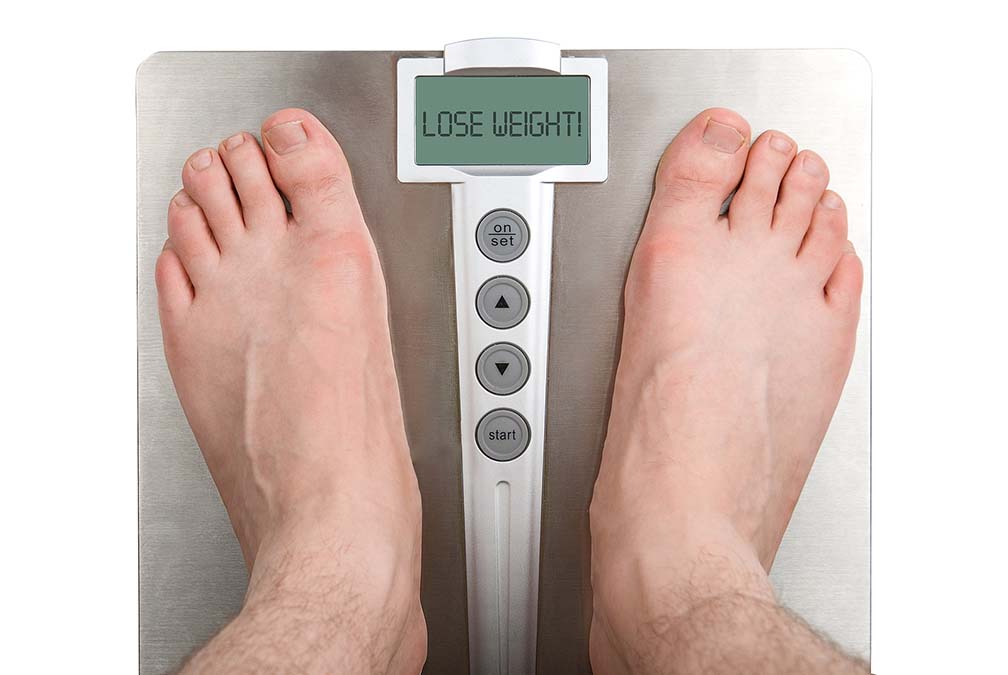 The first advice that well-meaning doctors give their overweight patients is to lose weight.
The first advice that well-meaning doctors give their overweight patients is to lose weight.
But according to a new study in the Journal of Clinical Epidemiology, this is very bad advice for patients with Chronic Kidney Disease (CKD).
A research team led by scientists from Seoul National University College of Medicine in South Korea noticed that some available research shows that body mass index (BMI) variability is associated with cardiovascular disease in the general population.
This prompted them to investigate whether BMI variability is also unhealthy for patients with chronic kidney disease.
They did not have to recruit their own study subjects, as South Korea’s national health screening database already contains all health information from patients who have been treated in the country.
As a result, they could simply mine this database for information on chronic kidney disease patients; they then examined positive and negative outcomes among these patients.
All of their 84,636 subjects were people diagnosed with chronic kidney disease who were not on dialysis and who had had three or more health screenings that collected all of their health parameters, including their BMI.
This gave the researchers their subjects’ BMI scores across several time points. Using this information, they split the subjects into four groups, from fluctuating the least to the most.
It also gave them enough information regarding other health conditions to track their subjects’ positive and negative health outcomes due to their kidney disease. They could also rule out other conditions and habits as potential causes of these outcomes.
Within the first four years, 6% of their subjects died, 4% required kidney replacement therapy (usually dialysis or kidney transplantation), 2% had heart attacks, and 3% had strokes.
When they compared those with the highest BMI variability to those with the least, the former were 66% more likely to die, 20% more likely to require kidney replacement therapy, and 19% more likely to have a heart attack or stroke.
One of their more interesting discoveries was that, while high BMI is a risk factor for cardiovascular disease in the general population, this was not the case for their kidney disease patients.
On the contrary, people with a high BMI at the beginning of the study experienced better outcomes than the other study subjects did.
The point is that you should try to keep your weight constant, rather than fluctuating, if you have chronic kidney disease. In other words, if you are diagnosed with CKD and you are overweight, do not try to lose weight immediately, as this will put you at risk of all the adverse health consequences above.
Treat your kidney disease by other means. And if you lose weight even as your kidney health improves because you exercise more, for example, that’s perfect.

 Overcoming IBD
Overcoming IBD Multiple Sclerosis
Multiple Sclerosis Banishing Bronchitis
Banishing Bronchitis Gum Disease Gone
Gum Disease Gone Overcoming Onychomycosis
Overcoming Onychomycosis Neuropathy No More
Neuropathy No More The Prostate Protocol
The Prostate Protocol Brain Booster
Brain Booster
 Ironbound
Ironbound
 Solution for Shingles
Solution for Shingles
 The Bone Density Solution
The Bone Density Solution
 The Ultimate Healing Protocol
The Ultimate Healing Protocol
 The Parkinson's Protocol
The Parkinson's Protocol
 The Chronic Kidney Disease Solution
The Chronic Kidney Disease Solution
 Overthrowing Anxiety
Overthrowing Anxiety The Fatty Liver Solution
The Fatty Liver Solution The Hypothyroidism Solution
The Hypothyroidism Solution
 The End of Gout
The End of Gout The Blood Pressure Program
The Blood Pressure Program
 The Oxigized Cholesterol Strategy
The Oxigized Cholesterol Strategy
 Stop Snoring And Sleep Apnea Program
Stop Snoring And Sleep Apnea Program
 The Arthritis Strategy
The Arthritis Strategy The Vertigo & Dizziness Program
The Vertigo & Dizziness Program The 3-Step Diabetes Strategy
The 3-Step Diabetes Strategy Hemorrhoids Healing Protocol
Hemorrhoids Healing Protocol The Erectile Dysfunction Master
The Erectile Dysfunction Master Weight Loss Breeze
Weight Loss Breeze The IBS Program
The IBS Program The Insomnia Program
The Insomnia Program The Migraine and Headache Program
The Migraine and Headache Program The Neck Pain Solution
The Neck Pain Solution The Menopause Solution
The Menopause Solution The Ejaculation Master
The Ejaculation Master The TMJ Solution
The TMJ Solution The Acid Reflux Solution
The Acid Reflux Solution The Fibromyalgia Solution
The Fibromyalgia Solution The Psoriasis Strategy
The Psoriasis Strategy